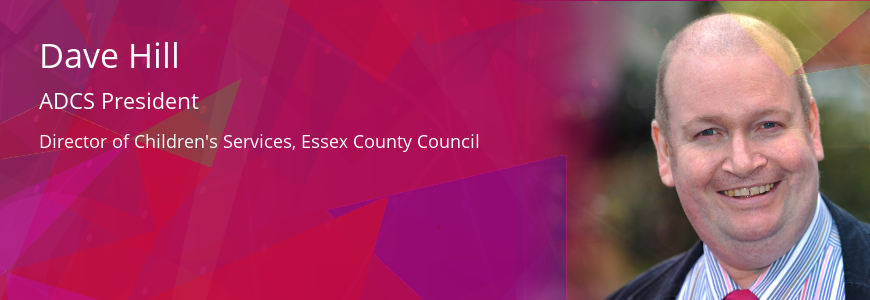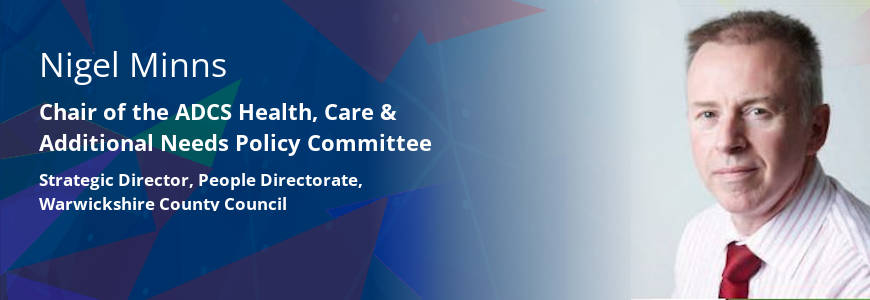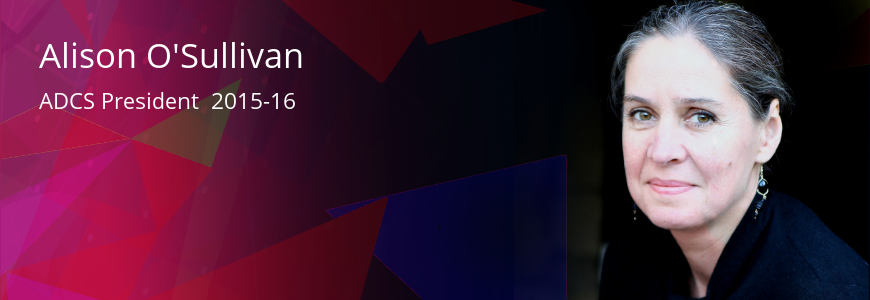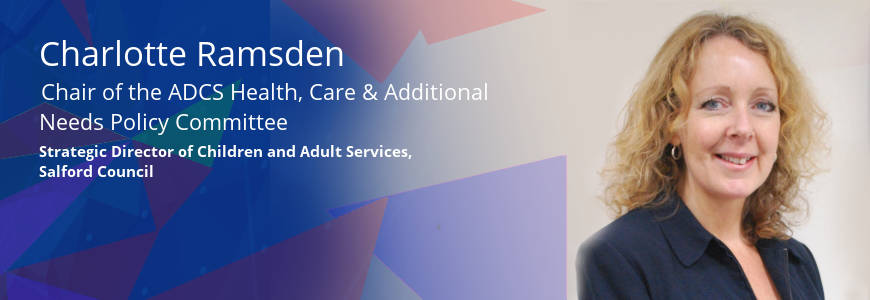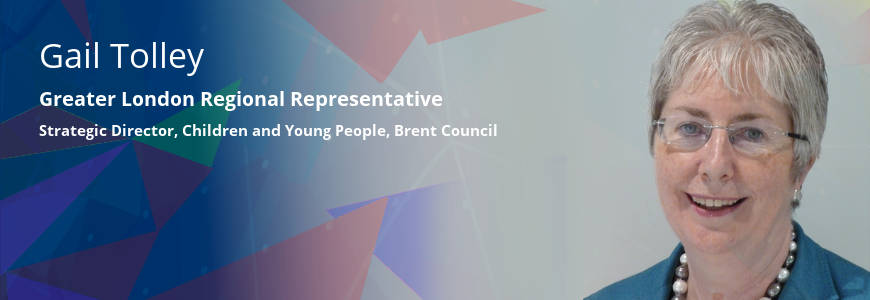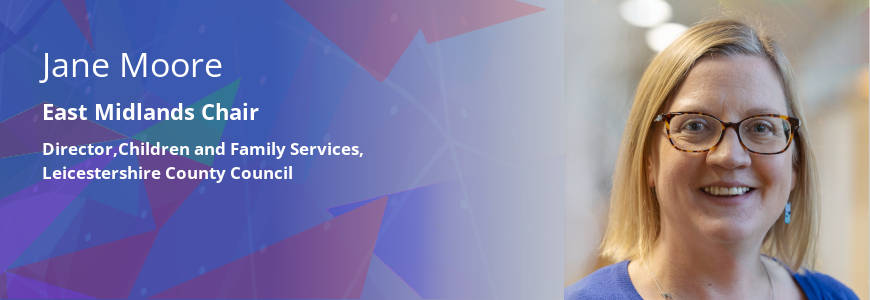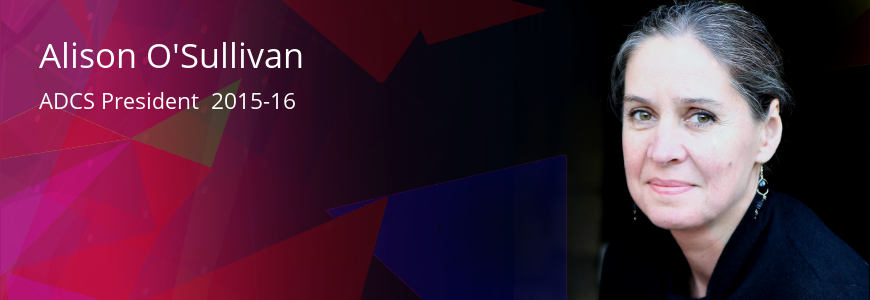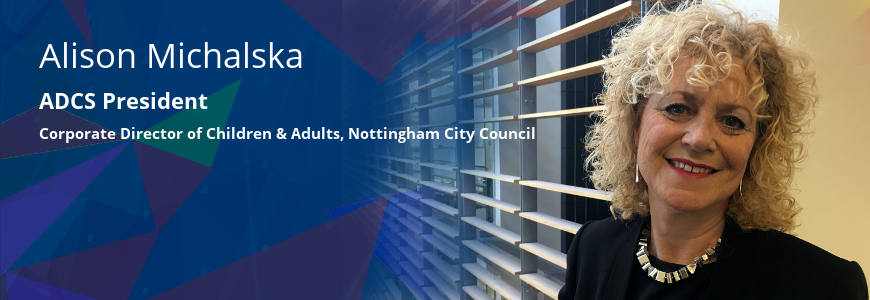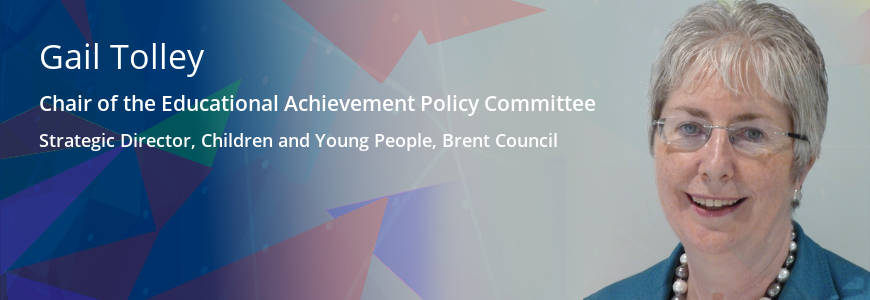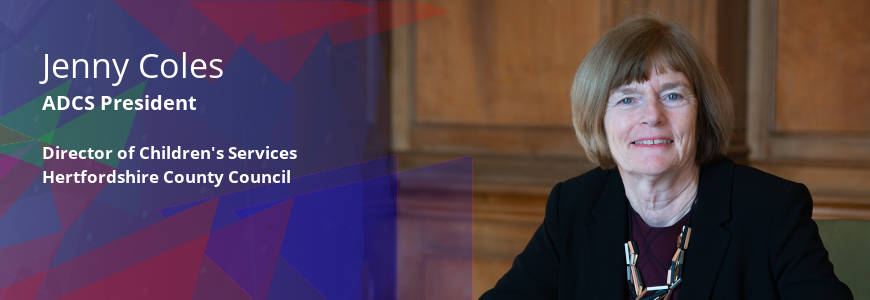The Permanency Debate
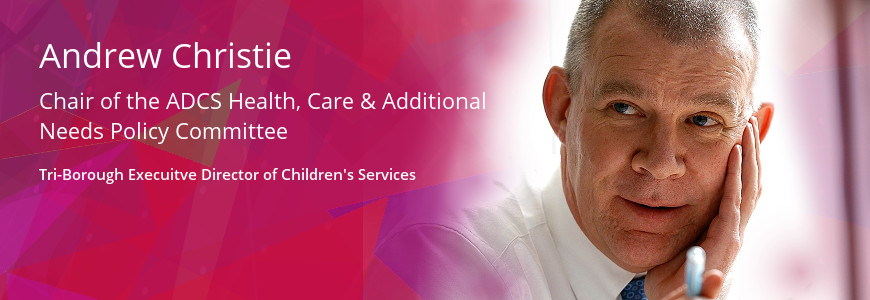
Both Alison O’Sullivan and I represent ADCS on the national Adoption Leadership Board (ALB), which is chaired by Sir Martin Narey. Having been a member of the Board since its inception, it is interesting to reflect upon how the agenda has changed; in part because of the work that the Association has successfully done to shape it.
From the beginning we have sought to make common cause with the Voluntary Adoption Agencies (VAAs). They are influential in the sector and are responsible for the placement of about 15% of the children who are adopted. The Board have developed regional arrangements, which in many parts of the country have blossomed; with a host of collaborative arrangements which have enhanced the life chances of children in care and improved the support for adopters. Many of the regional Boards have VAAs as active partners. And these Boards now maintain a steady flow of information to the DfE which provides the ALB with up to date information enabling it to have an overview of trends, which was previously unavailable.
As a result, we now know that as of 31 March 2015 there were 2,810 children awaiting a match; a 40% decrease from the same time a year before. In part, we can lay claim to this being a product of the real progress we have made in ‘timeliness’, with the average time taken from entry to care to placement reducing from 656 days in 2012/13, to 594 days in 2013/14 and to just 533 days in 2014/15. Placing children more quickly means that there will be less children waiting for a match.
But we must be concerned that this only tells part of the story. Both the ADCS Health, Care and Additional Needs Policy Committee (HCAN) and the ALB have reached the conclusion, based on reports from a number of regions, that there is evidence that the judiciary is changing its approach and that much more emphasis is being put on the need to exhaust all possibilities in the extended family before adoption can be considered. As a result more children are being placed with Special Guardianship Orders (SGOs). Ironically from the outset we in ADCS argued that SGOs were wrongly being viewed as a second best option. And we welcomed the recent research findings that suggested that outcomes for children being placed with SGOs so far appeared to be comparable with those for children adopted from care. But now, the HCAN committee members report a growing concern about courts leaning towards SGO placements with members of the extended family without any pre-existing significant relationship with the child; and sometimes without sufficient time being allowed in the court process for a proper assessment of the potential carer or carers to be carried out. The DfE is examining regulatory options to address some of these concerns and our views are being canvassed.
Just one of the issues of the moment in which the committee has a significant role to play, informing and shaping policy. Would you like to join us, or know somebody who should…?
Related Blog Articles
I like to think the start of the new school year offers an opportunity to renew...
In General
Having spent an enjoyable and thoughtful few days at the NCASC conference in...
In Health
This week I spoke at a European Social Network event which made me recall some...
In Health
As I returned to work after the Easter break and with daffodils, Easter eggs and...
In Health
Like other regions, London has been busy in 2017 developing the service and...
In General
Language is so important, it affects the way we see people and situations and...
In General
As we near the end of Foster Care Fortnight I have been reflecting on both the...
In Care
Last week I chaired a meeting of the Children's Inter-agency Advisory Group...
In Health
Last month we celebrated National Adoption Week and this year’s theme was...
In Care
I was, have been and am – loved. I am as sure as I can be that my parents...
In Care
On Thursday we were advised that the five tests had been met and that the phased...
In
I am pleased and proud to continue to chair the ADCS Health, Care & Additional...
In SEN & Disability
Having recently become Chair of the Health, Care &Additional Needs (HCAN) Policy...
In SEN & Disability
This week, I had the pleasure of delivering the keynote address at the...
In Care
Last week David Cameron announced a set of measures to increase the number of...

